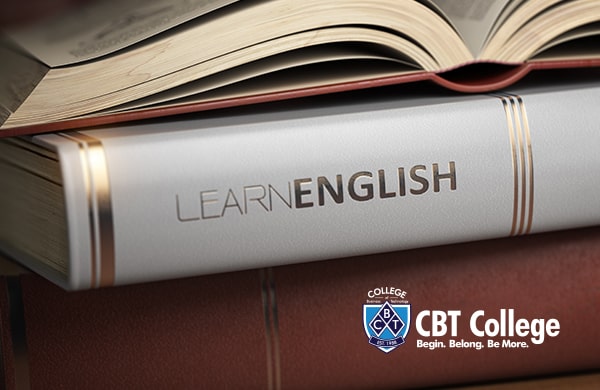
How To Teach English As A Second Language
ESL Certification For Aspiring Educators
With English rising globally, the demand for qualifications of English teachers has also risen. Not-native English speakers are one of the fastest-growing populations in the United States. So, this area needs well-trained English teachers and offers them many opportunities for career growth.
In order to meet these demands, a variety of certifications have been developed:
- ESL stands for English as a Second Language;
- ESOL stands for English to Speakers of Other Languages;
- TESOL stands for Teaching English to Speakers of Other Languages;
- TEFL stands for Teaching English as a Foreign Language;
- CELTA stands for Certificate of English Language Teaching to Adults;
The difference between certifications:
Each one provides different experiences and a unique set of skills for teachers. Choosing the right one can significantly impact securing an English teaching job in the field.
These certifications are usually lumped in under a general “ESL” category. However, knowing and gaining additional ESL certifications offers many career options in the future. In the following sections, we’ll explore certifications’ purpose and how they differ from one another.
1. ESL certification
An ESL certification is an add-on certification for licensed teachers. This allows teachers to help non-English speakers learn, speak, write, and read English. Tutors who are already working in English-speaking countries generally require this document.
This certificate program is designed for those who have English-teaching experience. However, this allows teachers to gain more experience and improve their skills as a tutor for non-English speakers. ESL classes in Miami focus on grammar, communication skills, and more.
2. ESOL certification
The ESOL stands for English to speakers of other languages. While ESL is specific for non-English speaking students, ESOL is a category that covers speakers of multiple languages. This can mean that the students may have had past experience and English education in their country.
The ESOL certification is designed for teachers who work with students speaking languages other than English. These programs teach tutors different strategies for integrating subjects with advanced English.
3. TESOL certification
The TESOL certification is preferred mainly by teachers whose desires are to teach English internationally. This means tutoring students whose first language isn’t English. With this certification, you’ll have more flexibility if you need more clarification on your ESL goals.
The program for TESOL certification focuses on teaching methods and class management techniques. It covers topics such as linguistics, grammar, and second language acquisition.
4. TEFL certification
TEFL is similar to TESOL since both certificates allow teachers to tutor students abroad. The main difference between these two is your career intentions. If you’re confident that you want to teach English in other countries, then a TEFL certification is the way to go.
TEFL programs usually focus on language skills, vocabulary, and grammar for non-English speakers.
5. CELTA certification
The CELTA certification stands for Certificate in English Language Teaching for Adults. It’s one of the most widely recognized certifications in the field.
This program is specifically designed for teachers who want to tutor English to adults, both locally and internationally. CELTA classes are highly intense and provide hands-on teaching experience. It offers comprehensive tutoring in both theoretical and practical knowledge.
Why Earn An ESL Certification?
Regardless of which state or student population you intend to target, getting certified is essential for those aspiring to teach English to others. These certifications will reflect your knowledge of introducing, teaching, and communicating with students.
Even though most ESL positions don’t require you to obtain your certification, many are designed for teachers seeking to expand their credentials. If you’re looking to teach in a K-12 school environment, you’ll need at least a bachelor’s degree.
The standards for teaching English as a second language abroad or locally vary from state to state. The requirements include the following:
- Your training must be at least 120 hours of coursework.
- You must have at least 6 to 20 hours of live practice of teaching and observation with a non-native English speaker.
- You’ll need an accredited curriculum from a recognized and independent organization in the English teaching field.
- Instructions provided by an instructor who’s qualified and has an equivalent to a Master’s Degree in the ESL field.
Earning any of these certifications can benefit teachers who dream of tutoring non-English speakers. With these documents, you’ll be able to prosper and teach English in ESL classes in Miami and abroad. Gain these certifications and more with the help of the ESL Classes at CBT Technical Institute in Miami, where you can grow your English skillset and earn the above certifications with help from your professors and fellow classmates.
Choosing the right path for yourself can significantly impact your career in the future. With the proper certificates that suit your needs and goals, you can build a successful career in the field of ESL.
